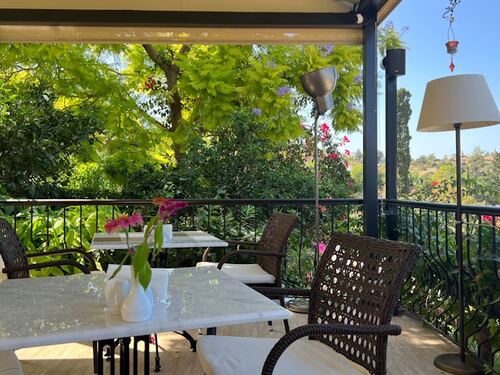If you want to improve your pool performance, then you need to change from traditional pool heating methods to the sun’s power heating system. Regardless of the pool’s location, climates will get warmer, so you must invest in solar pool heating systems. Because of these systems’ benefits, many different solar pool heating systems are available for various companies and businesses to manufacture. Because of this, you might struggle to decide which system is most practical and efficient for your heating requirements and budget. Understanding these features when shopping for Pool heating solutions is essential for making the right decision.
Advantages of Solar Pool Heating
There are many reasons to heat your pool. This is important if you want to enjoy the pool all year round, swim in warmer water or have their water at a specific temperature. Also, if you will extend your pool’s use hours daily, consider this heating system. The operational costs of heating a swimming pool using any heating system are a determining factor. There are no additional costs for solar heating systems except the heating system. These are the benefits of solar heating for your pool and are immediately appreciated when you put in use the best renewable energy.
Critical Components of Solar Pool Heating Systems
Solar pool heaters are often built as DIY projects because the material collection—black poly pipe and PVC—and construction methods are easy. If you do not have technical skills, the solar heating contractor will design and install the system to be code-compliant with local building codes and to work as efficiently as possible. This tech tip contains information about solar heating components and important configurations for a well-designed solar pool heating system.
- Solar Collectors
There are two basic types of solar pool collectors: glazed and unglazed. Virtually all commercially available solar pool collectors are unglazed. The collector must be unglazed not to block the sun’s rays. The unglazed pool collectors typically feature flexible fabric enclosures and use polymer or plastic absorber materials. The best of these systems has the best engineering to ensure both high performance and long life. The collectors are operational for long periods and may last a decade.
- Pump and Filter System
- Using Existing Pump and Filter Systems
Using the existing pump and filter system to circulate the pool water through the pool’s solar heating system is possible. The usual limitation is the need to increase the water flow through the solar heating system or provide a hydraulic connection to permit flow separation when maintenance is required on the existing pump and filter system.
- System Pumps
Since most pool water heating systems need a furnace pump for water circulation purposes, consider the special needs of solar heating systems relative to typical furnace pumps. The electric motor and pump manufacturing industry has made great strides in recent years to reduce motor and pump sizes to the minimum necessary for efficient operation with minimum noise.
- Efficiency and Performance Factors
Solar pool heaters usually come with a collector, bypass valves, a pump, a controller, and a flow control valve. Pool water is pumped through the filter and the solar collector, where circulation is sufficient to warm the water. They are designed so that the collector collects a maximum amount of solar energy during the winter when demand is at its peak. The most efficient systems completely drain the collector automatically in case of freezing temperatures, built with materials capable of such freeze protection. The performance of the heater depends on factors like the system itself, the solar resource, and the site and collector orientation.
Sun light is an effective way of heating swimming pools, but if you want to swim throughout the year, you should consider investing in the best solar pool heating systems. The cost of solar systems compares favorably with other heating systems over the lifecycle of solar heating systems. The initial installation costs of solar pool heating can be higher than those of conventional heating devices. Spread across the system’s life, over 15 to 20 years of useful life, it compares favorably with other heating costs. The other major benefit Pool heating solutions provides is that the fuel is sunlight, which is free.

